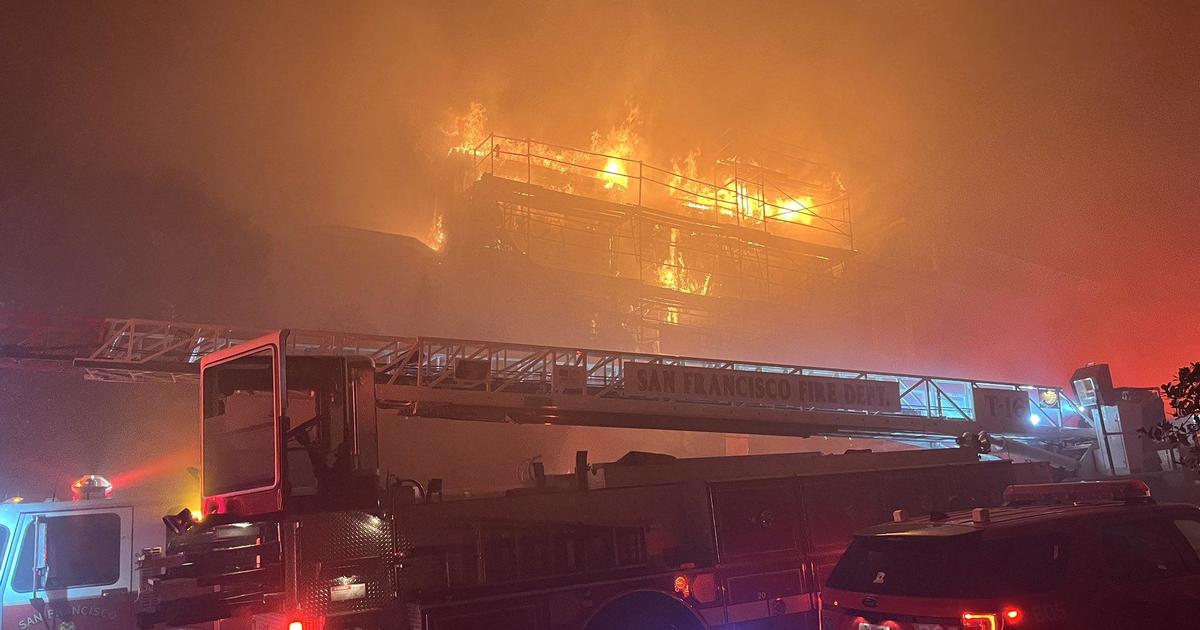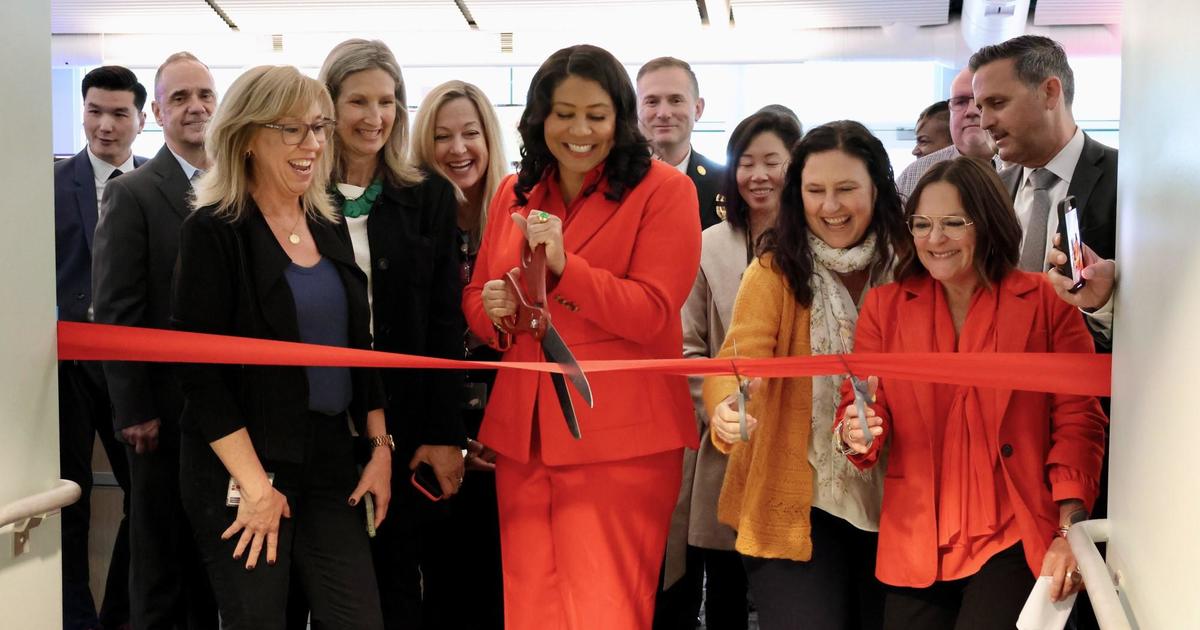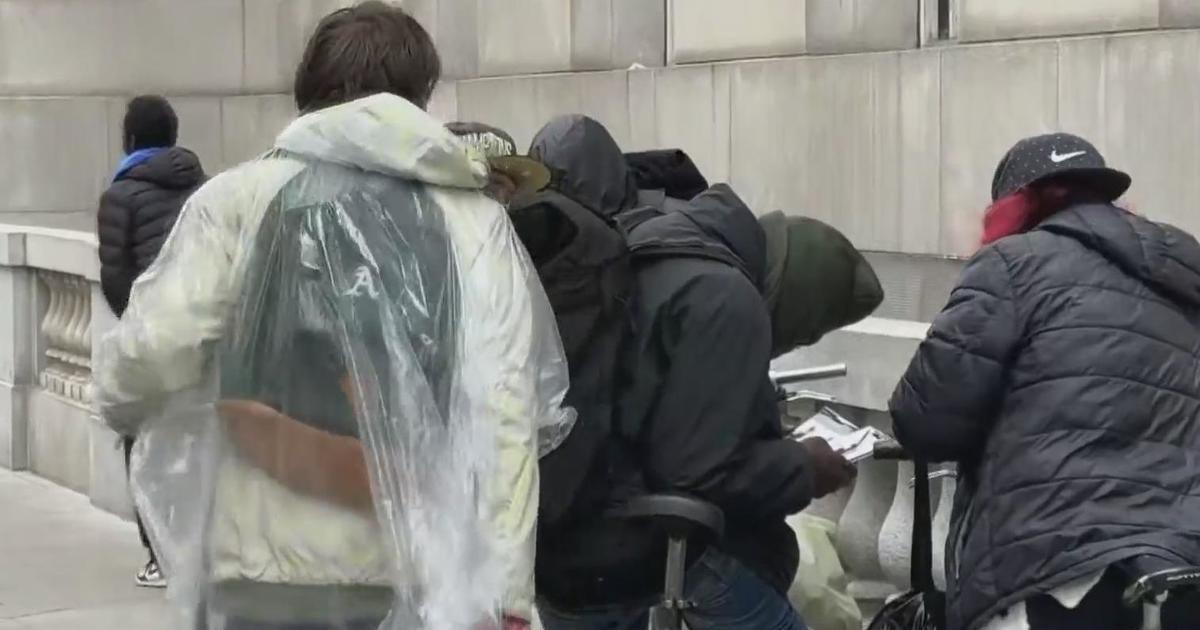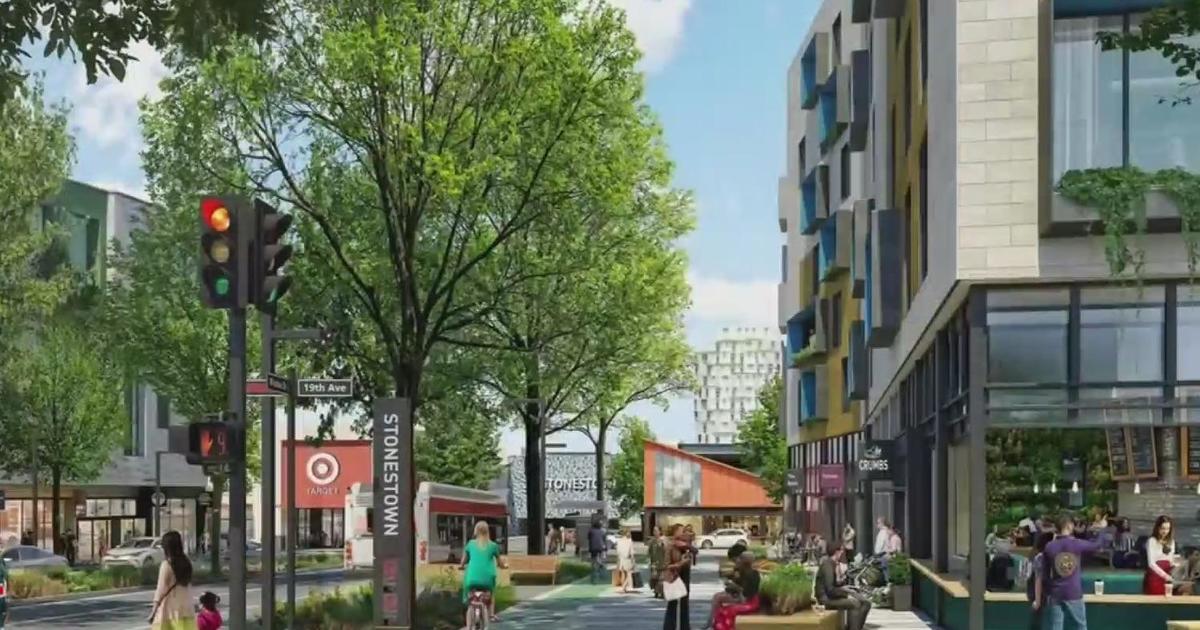San Francisco Supervisors Approve Mayor Breed's Tenderloin District State Of Emergency
SAN FRANCISCO (CBS SF) -- After hours of debate, the San Francisco Board of Supervisors voted overwhelmingly early Friday to approve Mayor London Breed's proposed state of emergency for the city's crime and drug-ridden Tenderloin District.
The most contentious facet of the plan was a dramatic increase in the number of police officers patrolling the neighborhood, but when the final vote took place eight of 10 supervisors present were in favor of the plan.
"The Tenderloin needs change, and that requires us to do things different," Breed said in a statement. "We showed during COVID that when we're able to use an emergency declaration to cut through the bureaucracy and barriers that get in the way of decisive action, we can get things done and make real, tangible progress."
As part of her Tenderloin intervention the mayor also wants to open a new service center for drug addiction and housing services. She wants to hire more outreach workers, and open a safe injection site. Making all of that happen quickly required declaring an emergency, and a yes vote from the board.
"This is a status quo that absolutely needs to be challenged and disrupted with everything we have, said District 6 Supervisor Matt Haney. "And if this is not a public health emergency than that phrase lacks any meaning at all."
While Breed grabbed everyone's attention with her tone last week, it also was the opening bell for a conversation that would move across the building to the Board of Supervisors.
"I'm really frustrated with the way in which this plan has been unveiled in the media, and to the public," said Supervisor Hillary Ronen. "It has colored the way we are all looking at this."
Ronen, for one, raised concerns about doubling down on a failed drug war, while saying she would like to vote for the emergency declaration. And that was something of a theme at the meeting -- opponents of the mayor's plan, or her rhetoric, saying they're hoping everyone can come together and make something work.
"Threatening people with arrest doesn't work as a way to get addicted folks into treatment," said San Francisco supervisor Dean Preston, who wants the mayor to spend money on expanding mental health services, alternatives to policing and hotel rooms for the homeless.
"We can do this but only if we learn from past mistakes instead of repeating them," he said on social media.
The Tenderloin includes museums, the main public library and government offices, including City Hall. But it's also teeming with people who are homeless or marginally housed, a high concentration of drug dealers and people consuming drugs in broad view.
Breed said last week that it was time to be "less tolerant of all the bull—- that has destroyed our city." She said it's not fair that residents can't use their parks or leave home.
"When someone is openly using drugs on the street, we're going to give them the option of going to the services and treatment we're providing. But if they refuse, we're not going to allow them to continue using on the street," she said on social media this week. "The families in the neighborhood deserve better."
Deaths attributable to overdoses have increased more than 200% in San Francisco since 2018, and last year, more than 700 people died from drug overdoses in the city, more than the number who died from COVID-19, according to the proclamation.
Nearly 600 people have died of a drug overdose this year, through November, with nearly half of the deaths occurring in the Tenderloin and in the neighboring South of Market district, says the proclamation. These areas make up 7% of San Francisco's population.



